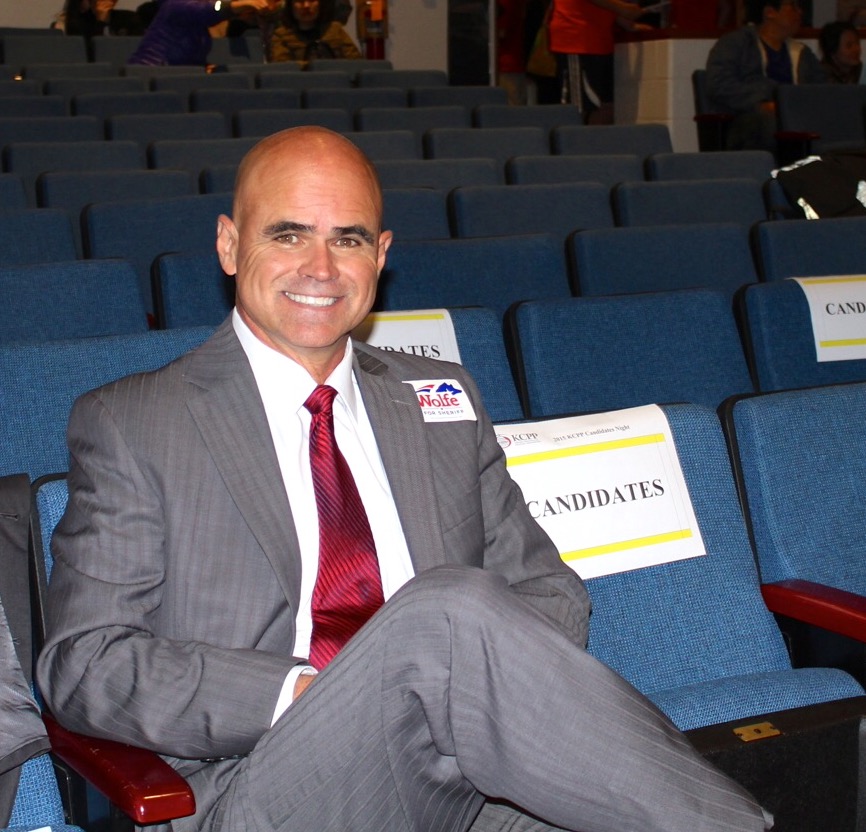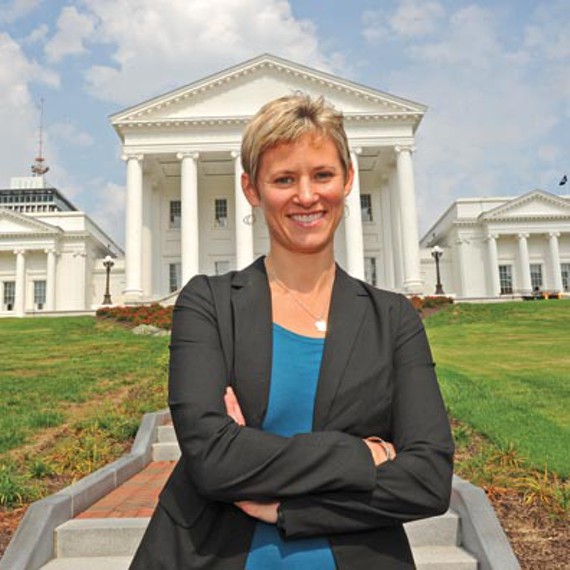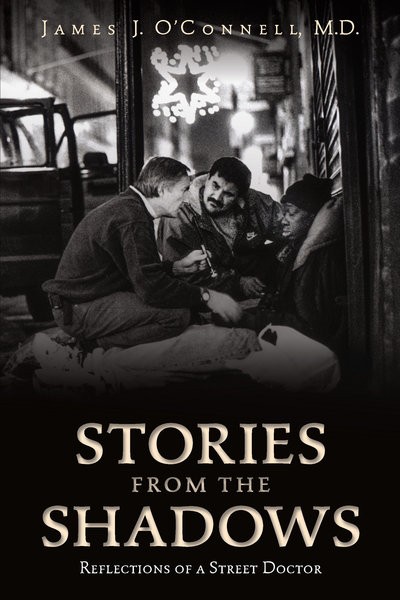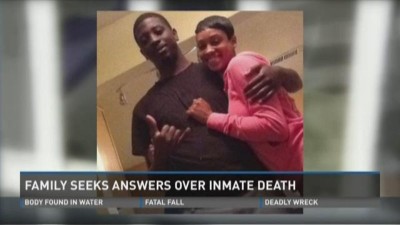
Bryan Wolfe
I recently published a blog critical of Bryan Wolfe, the Republican candidate for Fairfax County (Va.) Sheriff running against incumbent Sheriff Stacey A. Kincaid, a Democrat. I wrote that quotes attributed to Mr. Wolfe, a retired police officer who has Crisis Intervention Team training, showed a lack of understanding about jail diversion. Mr. Wolfe felt my blog mischaracterized his views. Here is his response.
CIT, Jail Diversion and the Sheriff’s Office
Several weeks ago Pete Earley posted a blog about comments I made during an interview with a Fairfax Times newspaper reporter. Mr. Earley questioned my understanding of a crisis intervention diversion program. Unless you are a law enforcement officer, it’s difficult for most citizens to understand the true meaning of a diversion program. So let me take a moment to explain my views.
First you must understand that a fully operational diversion program requires an incredible amount of funding to get started. It must also be a collaborative effort by the local government, judicial system, community mental health treatment facilities and local stakeholders. Unfortunately Fairfax has just now started a new Diversion First program and it will take several years for all the stakeholders and the funding for it to become fully operational. People suffering from mental illness are being swept up in our criminal justice system – right now. Keeping them safe is not something that we can wait to do and there are several changes that need to be made right now.
The police and sheriff’s office have different roles. Our police are responsible for enforcing the laws and making the community safe. They are the first responders when dealing with persons who are mentally ill. The sheriff’s office turned over all law enforcement responsibilities in our county to the police department back in 1942. Deputies are not responsible for making arrests or investigating crimes. The sheriff’s main responsibility is running the jail. With that being said, the sheriff should be focusing all of her time on how to keep jail inmates safe and secure. The police are the ones and the only ones deciding who and when a person is a candidate for the diversion program. You may have noticed that I haven’t written one word about the role of the sheriff or her deputies in diversion. That is because the deputies have no involvement or discretion about who is brought to the jail.


 (9-30-15) In a comprehensive front page story in today’s edition,
(9-30-15) In a comprehensive front page story in today’s edition, 


